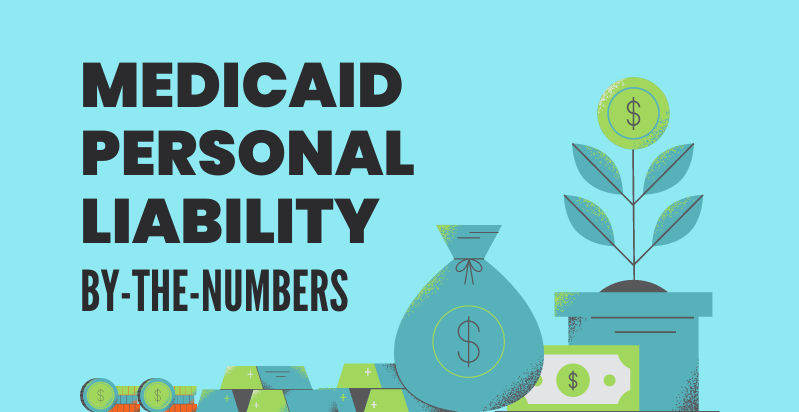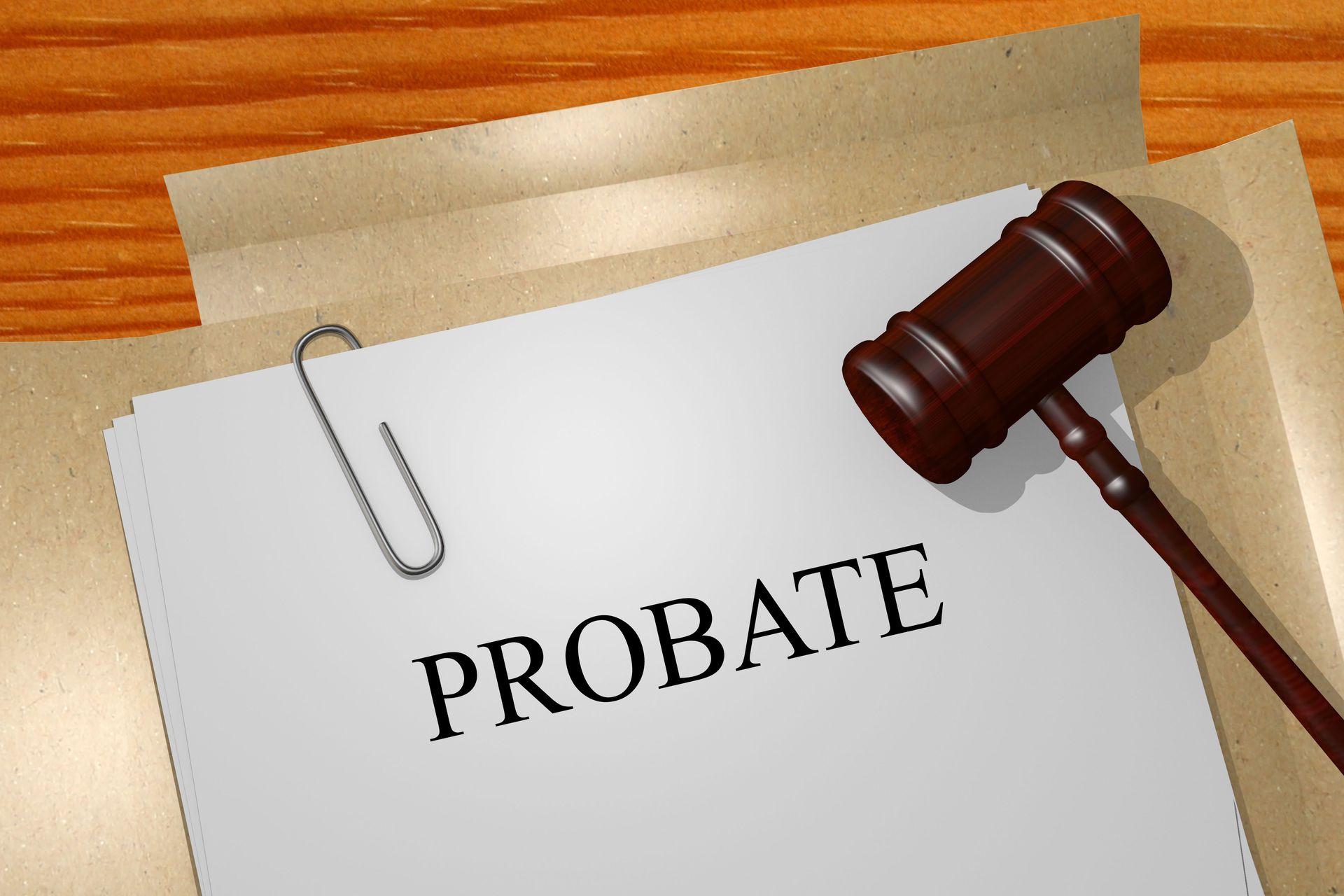Being an Adult Means You Need an Estate Plan
Although we typically associate the term “estate” with the ultra-wealthy, estate planning is not just for the rich. Everyone, regardless of family dynamics or financial status, can benefit from having an estate plan—a collection of documents that specify how you want your assets distributed.
Estate planning has a purpose while you are alive, with medical directives and power of attorney, as well as when you have passed. That is something most people don’t understand. As described in a recent article in Forbes , “6 Reasons Why You Need an Estate Plan,” most people continue to neglect to put a plan in place. A recent survey from caring.com found that less than half of American adults have estate planning documents, such as a will or a trust. Here are a few reasons why that’s a big mistake:
Plan for your needs . If you should become incapacitated or unable to make your own decisions, an estate plan will protect you, your assets and your family. Part of your estate plan is preparing for this type of scenario. What kind of cash flow will you need and is there insurance missing from your plan? You should designate a healthcare proxy or a power of attorney who can make medical and financial decisions on your behalf, if necessary. Speak with the people who you want to name to these key roles, so they are prepared and understand your wishes in advance.
Dispose of your assets. With no will, your state will decide how to distribute your assets. At the very least, check your beneficiary designations on accounts so your financial and investment accounts and insurance proceeds go to the right people. A will clearly defines how you want your assets distributed at your death and saves your family from the time, expense and frustration of trying to figure out what you wanted, and what the law allows.
Minimize taxes . If there’s a substantial amount of wealth involved, that you want to transfer it to other family members or loved ones, the estate planning process can help you do this in the most tax-efficient way possible. Speak with your estate planning attorney about different types of taxes to consider: the estate tax, gift tax and generation-skipping transfer taxes. Since the IRS places limits on how much money can be transferred and to whom without being taxed, an estate plan outlines a wealth transfer strategy.
Create a philanthropic legacy. How do you want to be remembered after you die? Do you want to create a family foundation, endow a scholarship or participate in a donor-advised fund to support a cause that is important to you? There’s also the question of giving while you are alive, to enjoy seeing the results of your generosity.
Protect the wealth of the family. Your assets can come under pressure in many different ways, while you are living. Frivolous lawsuits can become an expensive nuisance. Estate planning can remove your name from assets and put them into legally-protected vehicles, such as trusts or limited liability entities. Insurance is also a part of estate plans, with certain types of insurance used to protect you against a variety of legal challenges.
Prepare future generations. For families that have accumulated large amounts of assets, instilling and preserving the family values over generations is a difficult but do-able task. Families that are successful in building long-lasting legacies devote time to teaching children about stewardship, civic and fiscal responsibilities and their role as part of a family that takes its achievements seriously.
An elder law attorney can help you to create an estate plan that will protect your family and your legacy across generations.
Reference: Forbes (Sep. 13, 2018) “6 Reasons Why You Need an Estate Plan”


Marietta, GA
Woodstock, GA
2230 Towne Lake Pkwy
Building 1200, Suite 120
Woodstock, GA 30189
BUSINESS HOURS
Monday to Friday
8:30am - 12:00pm
Closed for lunch
1:00pm - 4:30pm
Closed Saturday, Sunday
GET OUR NEWSLETTER
We believe that smart decisions begin with accurate information. Sign up for our monthly newsletter and get advice on how to secure your financial legacy.
Elder Care and Estate Planning Tips, Advice & Resources. Sign up now.
Get Our Newsletter Form
We will get back to you as soon as possible.
Please try again later.













